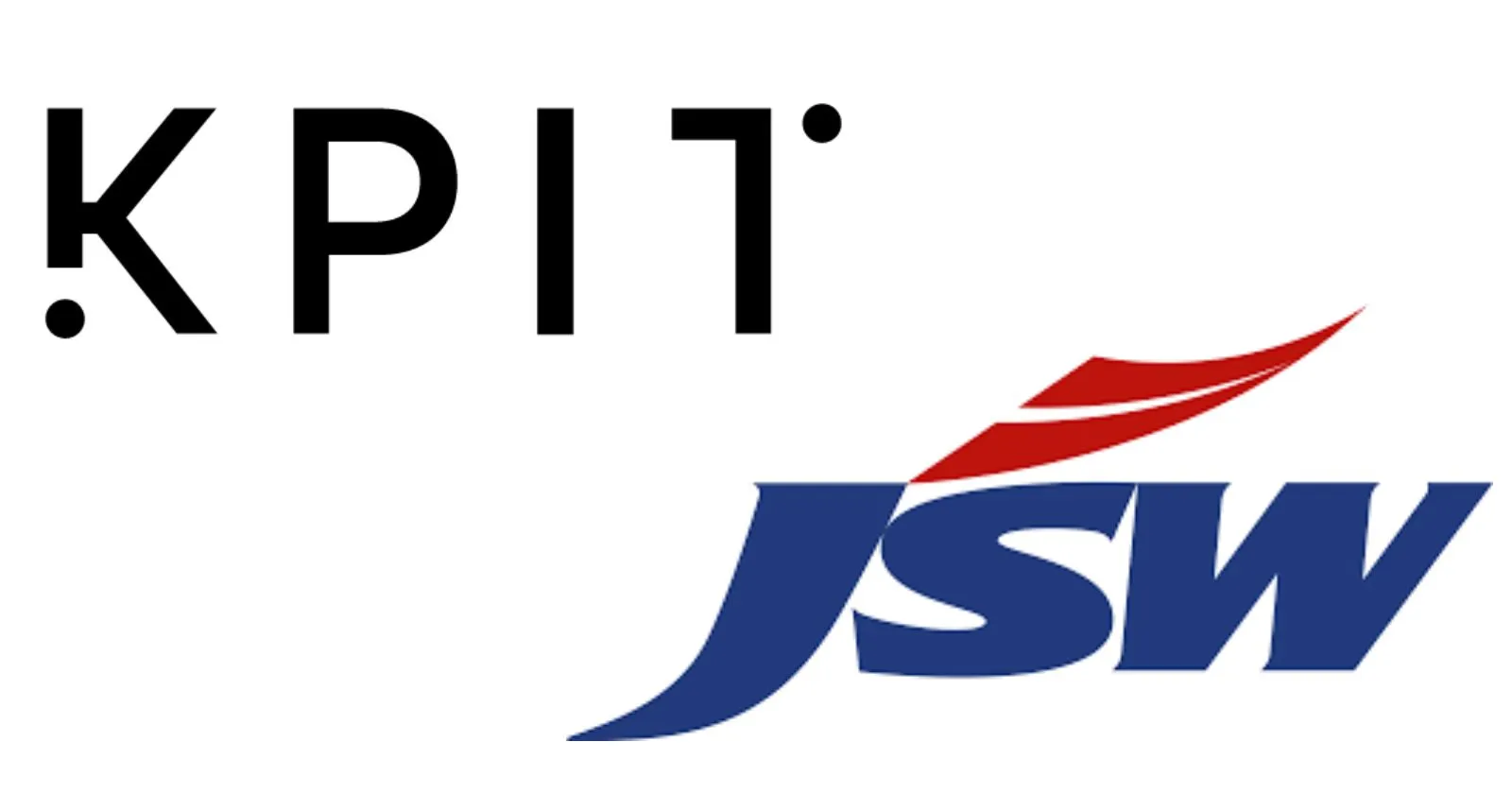
The company's manufacturing plan is supported by the establishment of a massive 630-acre campus at Bidkin, Maharashtra.

Share Post

The company's manufacturing plan is supported by the establishment of a massive 630-acre campus at Bidkin, Maharashtra.
After Mercedes-Benz India, JSW Motors, the auto division of the JSW Group, is making a strong foray into India's New Energy Vehicle (NEV) segment with a five-year $3 billion (approx. ₹25,000 crore) investment proposal with Pune-based KPIT Technologies, an Engineering, Research and Development (ER&D) service provider to global automakers. This investment will be used to build and manufacture electric, hybrid, and plug-in hybrid vehicles, the first of which will hit Indian roads in the second half of FY2026. The company's manufacturing plan is supported by the establishment of a massive 630-acre campus at Bidkin, Maharashtra.
Also Read: Mercedes-Benz India and KPIT Announce Collaboration to Develop Software-Defined Vehicles
For JSW Motors, the arrangement with KPIT Technologies is not merely a vendor agreement; it is a strategic alliance in order to move into the software-defined age of automobiles. KPIT brings in over two decades of expertise in software and systems development for the global automotive industry, with experience on over 2000 car programs.
For KPIT, this partnership is another wager on the Indian opportunity, where the transition to clean mobility is finally gaining serious traction. The company will also establish a Centre of Excellence dedicated to JSW Motors with a focus on areas like electric propulsion systems, battery technology, and software-defined architecture.
This synergy also surfaces in the aftermath of JSW Motors' recently announced joint venture with China's SAIC Motor, parent company of MG Motor India. The JV will bring MG's existing product portfolio, brand equity, and electric vehicle technology under a wider strategy of localised, scalable development and production.
Tata Motors is a frontrunner in India’s software-defined vehicle (SDV) space. Backed by Tata Technologies and collaborations with BMW Group, the company is reportedly directing nearly 40 per cent of its R&D budget toward SDV technologies, ranging from OTA updates and ADAS to connected car features. Tata Elxsi, another group company, is building core SDV infrastructure, including cloud-native platforms and cybersecurity tools, and is also working closely with Mercedes-Benz R&D India to further expand its capabilities.
Also Read: Hyundai, Kia, Samsung to Develop Ecosystem Linking Cars With Smartphones
Mahindra is yet another Indian OEM heavily committed to the SDV ecosystem on the back of its "Born Electric" XUV and BE‑series platforms (BE 6 and XEV 9e models). These models, developed on the INGLO platform, promise futureproof flexibility with software over-the-air updates and refinement features. Mahindra's involvement in Formula E and its partnership with Mahindra Racing reflect its technical lineage, which is now translating into consumer SDV capability on its NEVs.
Mahindra Quits Japan Farm Machinery Arm, Stock Reacts After Exit Move
Acko Drive Team 4 Mar, 2026, 6:11 AM IST
Ola Offers Special Holi Pricing for Roadster Motorcycle
Acko Drive Team 4 Mar, 2026, 6:01 AM IST
Nissan Gravite Deliveries Begin Across India, Automaker's Sales Grow By 23% In February 2026
Acko Drive Team 3 Mar, 2026, 12:23 PM IST
VinFast Introduces New Global Brand Strategy
Acko Drive Team 3 Mar, 2026, 12:20 PM IST
Ferrari 849 Testarossa to be Revealed in India on March 14
Acko Drive Team 3 Mar, 2026, 10:55 AM IST
Looking for a new car?
We promise the best car deals and earliest delivery!
